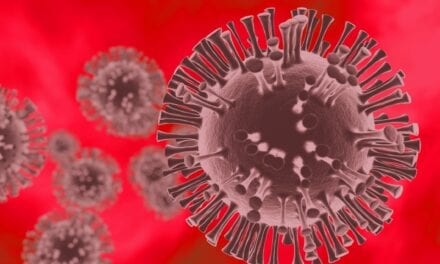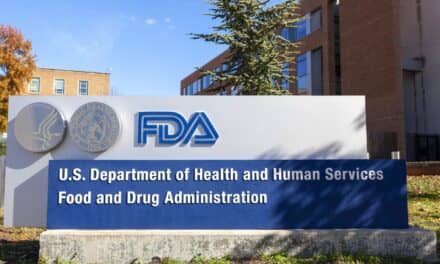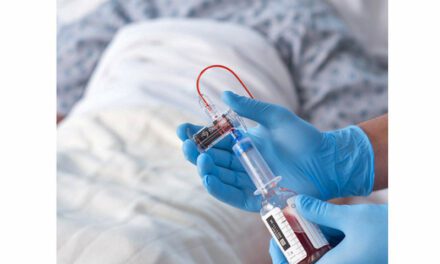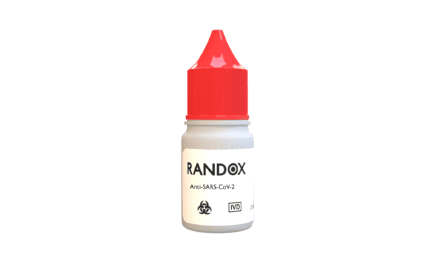Adaptive Biotechnologies, Seattle, announced that its T-Detect Assay for past SARS-CoV-2 infection, in development, identified 97% (68/70) of past PCR-confirmed SARS-CoV-2 infections compared to 77% (54/70) with commercial emergency use authorization (EUA)-approved antibody testing at similar specificity approximately 2 months after PCR diagnosis.1
Additionally, the T-cell response was greater in symptomatic versus asymptomatic subjects, whereas there was no correlation between antibody levels and disease severity in recovered patients. After its expected launch, T-Detect Covid will be the first clinical T-cell-based diagnostic test able to confirm past infections to SARS-CoV-2.
It is likely that some people may never develop antibodies to SARS-CoV-2 because they can resolve the infection early and effectively with T cells. Recent studies have demonstrated that antibodies appear to wane over time, while virus-specific T cells have been shown to persist for at least six months. This new study adds to mounting evidence that T cells, along with antibodies, may serve as an important correlate of immune protection and can help provide a more complete picture of the duration of immunity to the virus following an infection or administration of a vaccine.
“These data add to the growing body of real-world evidence that the T cell plays a critical role in immunity to SARS-CoV-2,” says Lance Baldo, chief medical officer of Adaptive Biotechnologies. “T cells are emerging as another key indicator for past infection and immunity to the novel coronavirus, and a T-cell test for patients that is accurate and reproducible can serve large populations of people given what we are learning about the biology of the immune response.”
In an earlier study conducted by the University of Padua, nearly the entire population of Vo’, Italy—2,900 of the town’s 3,275 residents—was tested using PCR for SARS-CoV-2 infection at the beginning and end of a 14-day lockdown of the town, followed by longer-term clinical monitoring. At that time, 81 people in the town tested positive for the virus in at least one of the two surveys. More than 40% of those who tested positive were asymptomatic, guiding the town’s response to the then-emerging pandemic and driving their success in containment.
In a follow-up study of 2,290 residents, including 70 of the 81 who tested positive by PCR, antibody testing with an EUA-approved commercial test (IgG) and T-cell testing with Adaptive’s T-Detect Assay for past SARS-CoV-2 infection were performed approximately 60 days after PCR testing. The T-cell assay identified 97% (68/70) of past PCR-confirmed SARS-CoV-2 infections compared to 77% (54/70) with the antibody test. Notably, 24 of the 70 PCR -positive patients were asymptomatic, highlighting the added sensitivity of T-cell based testing to provide a more accurate representation of past infection in a community.
The T-cell response was measured by the overall quantity of T cells as well as the number of unique virus-specific T cells. Convalescent subjects who were symptomatic and hospitalized with covid-19 had significantly greater T-cell response than asymptomatic subjects, while antibody levels did not correlate with disease severity.
Notably, an additional 45 (2.0%) of PCR-negative participants tested positive with the T-Detect Assay for past SARS-CoV-2 infection. About half of these individuals had reported symptoms before or after PCR testing or a household exposure, indicating the T-cell assay may also identify past infections that had been missed by prior PCR testing.
References
1. Gittelman RM, Lavezzo E, Snyder TM, et al. Diagnosis and tracking of past SARS-CoV-2 infection in a large study of Vo’, Italy through T-cell receptor sequencing. medRxiv. 2020. doi: 10.1101/2020.11.09.20228023.
2. Lavezzo E, Franchin E, Ciavarella C, et al. Suppression of a SARS-CoV-2 outbreak in the Italian municipality of Vo’. Nature. 2020;584;425–429. doi: 10.1038/s41586-020-2488-1.
Featured image: Medical illustration of a T cell. Illustration © Cgtoolbox, courtesy Dreamstime.com (72528025).





